
Posted By: Medsole RCM
Posted Date: Jul 02, 2025
You know what’s the common challenge for medical practice now a days? Its managing collections and maintaining cash flow. From delayed reimbursements to denial rates, practices often have revenue gaps without realizing the root cause of this. This is where RCM reporting becomes a valuable asset. It not only acts as a tracking tool but will help in financial decisions of healthcare.
At MedSole RCM, we help providers turn their billing data into clear, actionable reporting. With a smart reporting system, your practice will have more control over collections, identifies patterns, and you can easily make good adjustments for steady income.
In this blog let’s discuss the real impact of RCM reporting on collections.
Revenue Cycle Management (RCM) reporting helps healthcare providers to track and interpret every stage of their financial journey from patient scheduling and charge capture to payment posting and denial management.
But beyond tracking, RCM reporting plays an important role in boosting collections and maintaining consistent cash flow.
Here’s how:
With the help of RCM reports, a practice managers can see deeply what’s working and what’s not. Reports like A/R aging, collection rates, and denial trends explains hidden delays or process gaps that affect collection and payment timeline.
This thing needs to be understood that all unpaid claims are not equal. From reports we can check the complete data that which outstanding balances are nearing timely filing limits, which require appeal, and which ones can still be collected. This prevents revenue loss from ignored follow-ups.
Denial reports help you to check patterns, for example certain billing codes or specific providers are causing more rejections or not, or insurance underpaying or not. By checking these trends early, you can take action before they affect your revenue.
Practices can easily track how quickly different payers respond, pay, or deny claims. This can help to adjust follow-up schedules and contract negotiations.
You can track with the help of reports that how much time it takes to enter charges, submit claims, or follow up. Delays in these areas directly impact cash flow and collections.
With historical data from RCM reports, you can forecast expected monthly income and identify seasonal changes making it easier to plan payroll, expansion, or equipment investments.
Different reports play different roles in managing your revenue cycle. Here are the most important ones you should review these consistently.
This report help in tracking how long payments have been outstanding broken into 30/60/90/120+ day buckets. The longer bills sit unpaid, the lower the chance of collection. This report helps your team prioritize older and high-value claims.
This report shows the reasons that why claims are being denied. Identifying top denial reasons allows you to fix issues at the source whether it's coding errors, authorization problems, or payer issues.
This report helps in tracking the percentage of billed charges being collected. A low rate is because of billing gaps, underpayments, or poor follow-up.
Measures how many claims are accepted on first submission without edits. A higher clean claim rate leads to faster payments and fewer reworks.
Calculates how many days it takes for your practice to get paid after service. Lower days in A/R means better cash flow.
Track how long it takes from patient visit to charge entry, and from claim submission to payment. Any delay can cause disturbance in cash flow.
Focuses on copay, deductible, and balance collection. These reports help improve front-desk collections and patient billing processes.
Our team at MedSole RCM doesn't just deliver billing services, we build visibility and structure into your revenue cycle through smart reporting tools.
Here’s what we provide:
Maximum collections and consistent cash flow don't happen by accident they're built on transparency, timely action, and accurate data. RCM reporting brings all of these elements together, allowing providers to manage their revenue with clarity and confidence.
Contact our Experts, we believe in giving providers the tools and support they need to make every dollar count. With the help of experts in our team, your practice can work smarter, not harder to improve collections and stabilize cash flow.
Q1: What is RCM reporting?
RCM reporting includes tracking data from various revenue cycle stages like billing, collections, and denials to understand how you manage cash flow of your practice.
Q2: How does RCM reporting improve collections?
By showing unpaid claims, denials, and aging balances, reports help to prioritize follow-up and identify gaps which are the reasons for revenue loss.
Q3: Why is cash flow important in a medical practice?
Cash flow helps in operational costs, salaries, and growth. Irregular cash flow results in financial stress and delays in patient service.
Q4: What are the most useful RCM reports?
A/R aging, denial reports, payment lag, clean claim rate, and collection performance are most important ones.
Q5: How often should I review RCM reports?
The ideal condition is that reports should be reviewed weekly and detailed summaries should be analyzed monthly.
Q6: Can RCM reports help reduce denials?
Yes, denial reports show errors or payer behaviors that can be corrected to reduce future rejections.
Q7: How does MedSole RCM support reporting?
We provide monthly and custom reports, dashboards, and hands-on support to help practices understand and make decisions based on data.
Q8: What happens if I ignore aging claims in reports?
Older claims are less likely to be paid. Ignoring aging claims results in revenue loss and missed filing deadlines.
Q9: Do small practices need RCM reporting?
Absolutely. Whether you're a solo provider or a large group, understanding your revenue cycle is key to financial health.
Q10: Where can I get help building RCM reports?
Reach out to MedSole RCM, out experts will guide you through report setup, interpretation, and improvement strategies.
Get quick highlights instantly
Recent Blogs
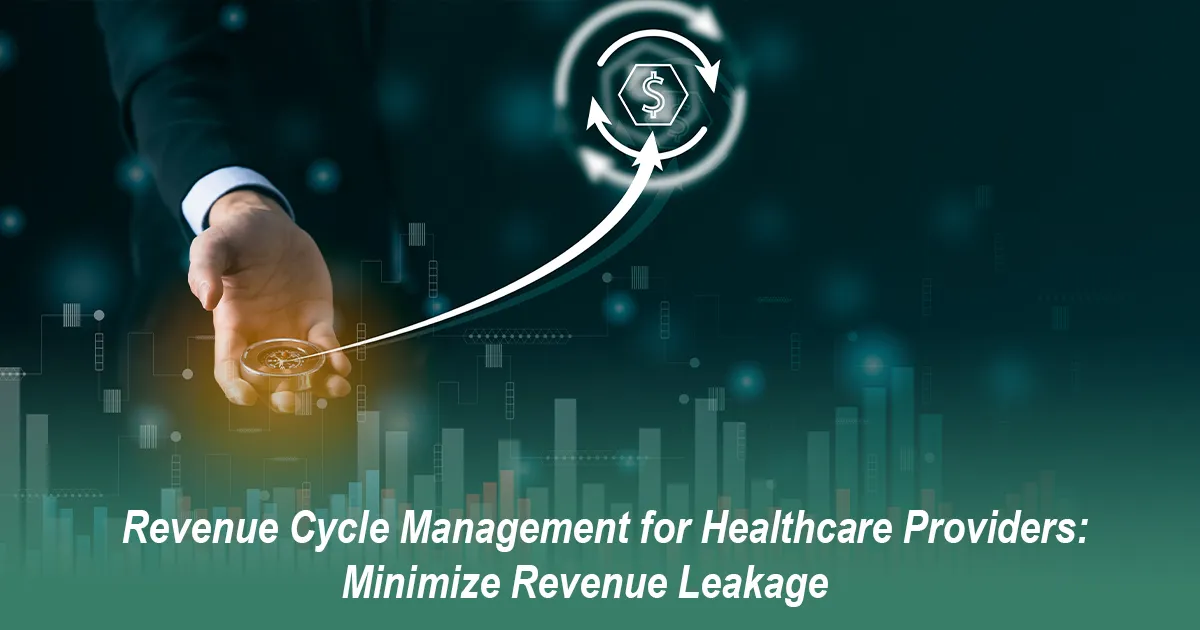
Posted Date: Jun 24, 2025
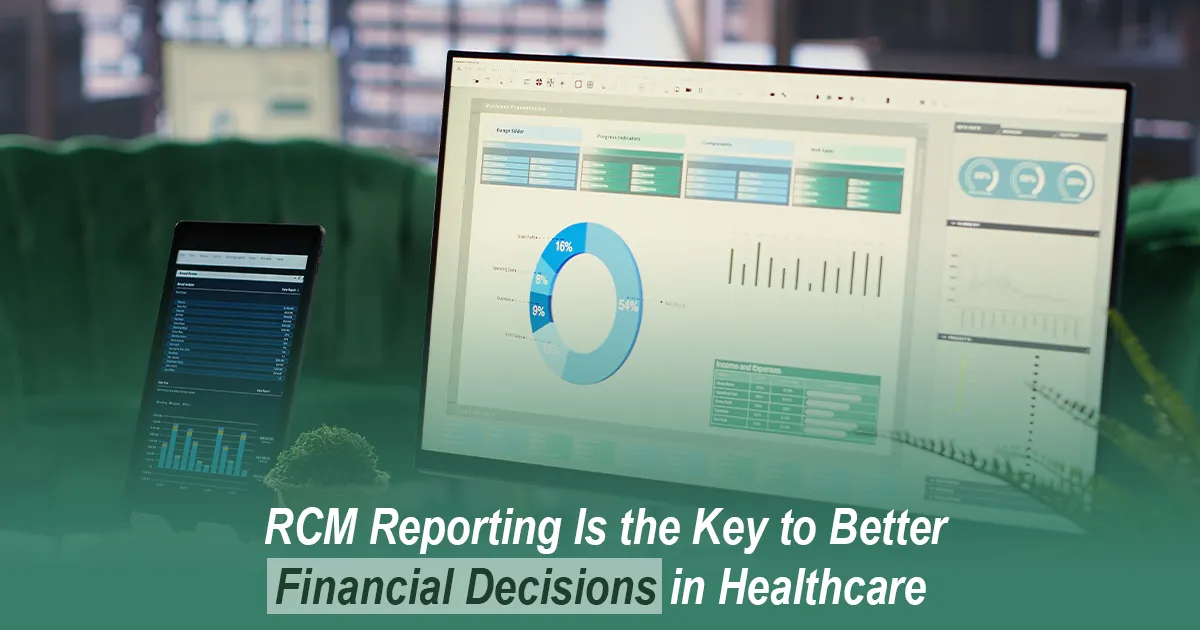
Posted Date: Jun 26, 2025

Posted Date: Jun 28, 2025

Posted Date: Jun 30, 2025

Posted Date: Jul 02, 2025

Posted Date: Jul 04, 2025

Posted Date: Jul 07, 2025

Posted Date: Jul 09, 2025

Posted Date: Jul 11, 2025

Posted Date: Jul 14, 2025

Posted Date: Jul 16, 2025

Posted Date: Jul 18, 2025

Posted Date: Jul 22, 2025

Posted Date: Jul 23, 2025

Posted Date: Jul 25, 2025

Posted Date: Jul 28, 2025

Posted Date: Aug 01, 2025

Posted Date: Aug 04, 2025

Posted Date: Aug 06, 2025

Posted Date: Aug 08, 2025

Posted Date: Aug 11, 2025

Posted Date: Aug 14, 2025

Posted Date: Aug 18, 2025
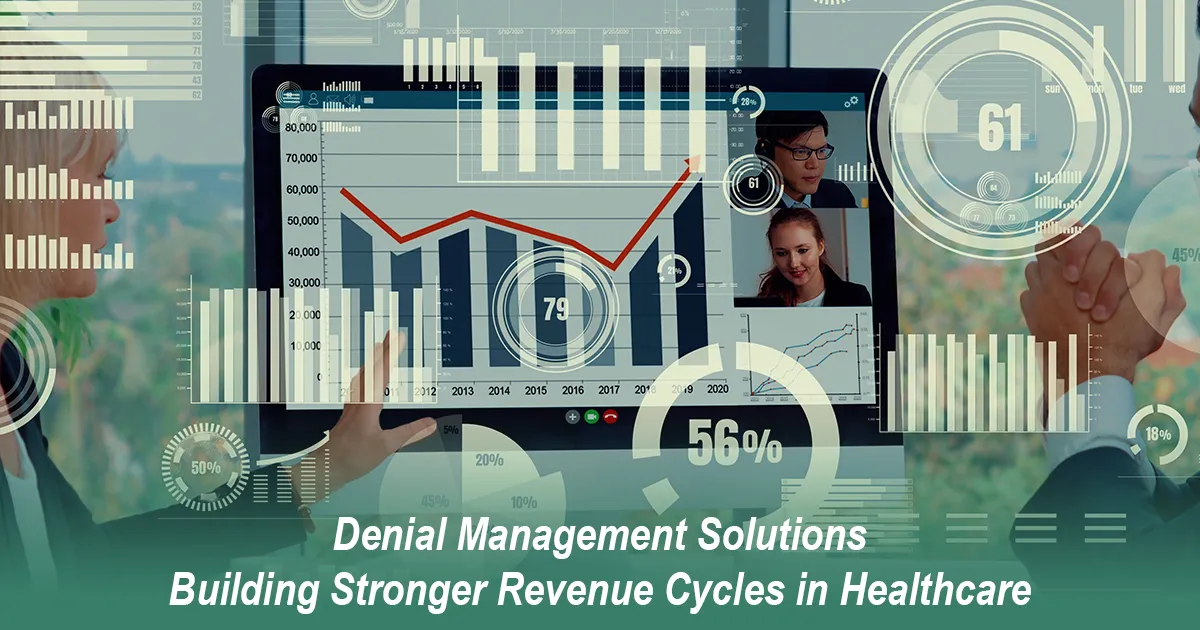
Posted Date: Aug 20, 2025

Posted Date: Aug 25, 2025

Posted Date: Aug 27, 2025

Posted Date: Aug 29, 2025

Posted Date: Sep 03, 2025

Posted Date: Sep 05, 2025

Posted Date: Sep 08, 2025

Posted Date: Sep 15, 2025

Posted Date: Sep 18, 2025

Posted Date: Sep 22, 2025

Posted Date: Sep 24, 2025

Posted Date: Sep 26, 2025

Posted Date: Sep 29, 2025

Posted Date: Oct 02, 2025

Posted Date: Oct 13, 2025

Posted Date: Oct 16, 2025

Posted Date: Oct 23, 2025
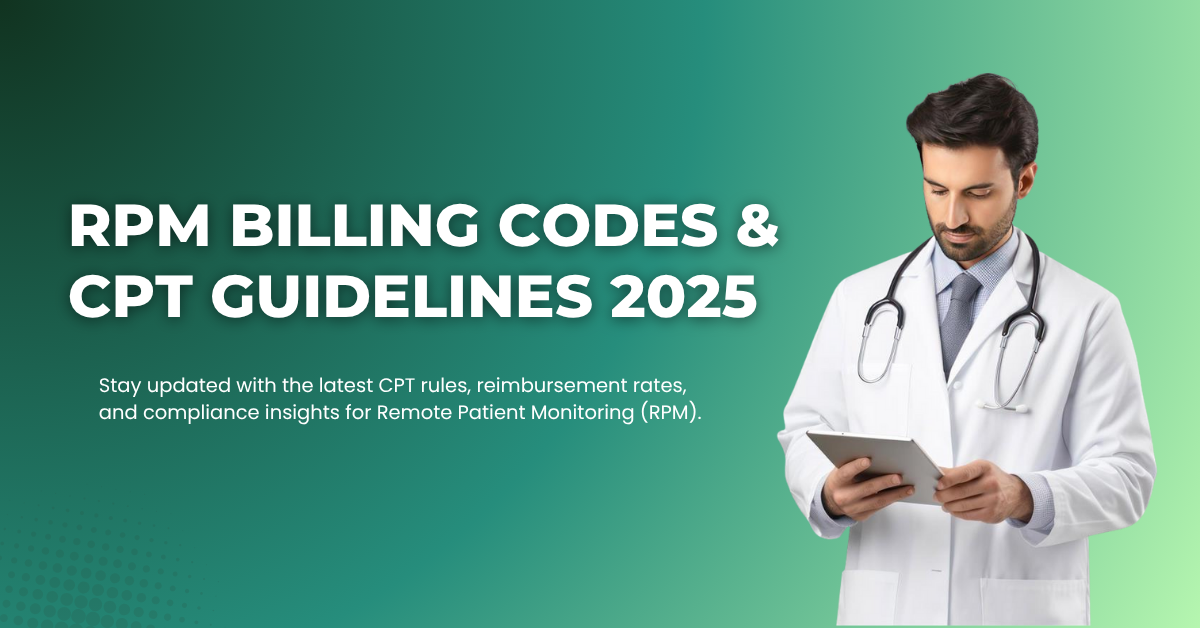
Posted Date: Oct 27, 2025

Posted Date: Oct 28, 2025

Posted Date: Oct 30, 2025
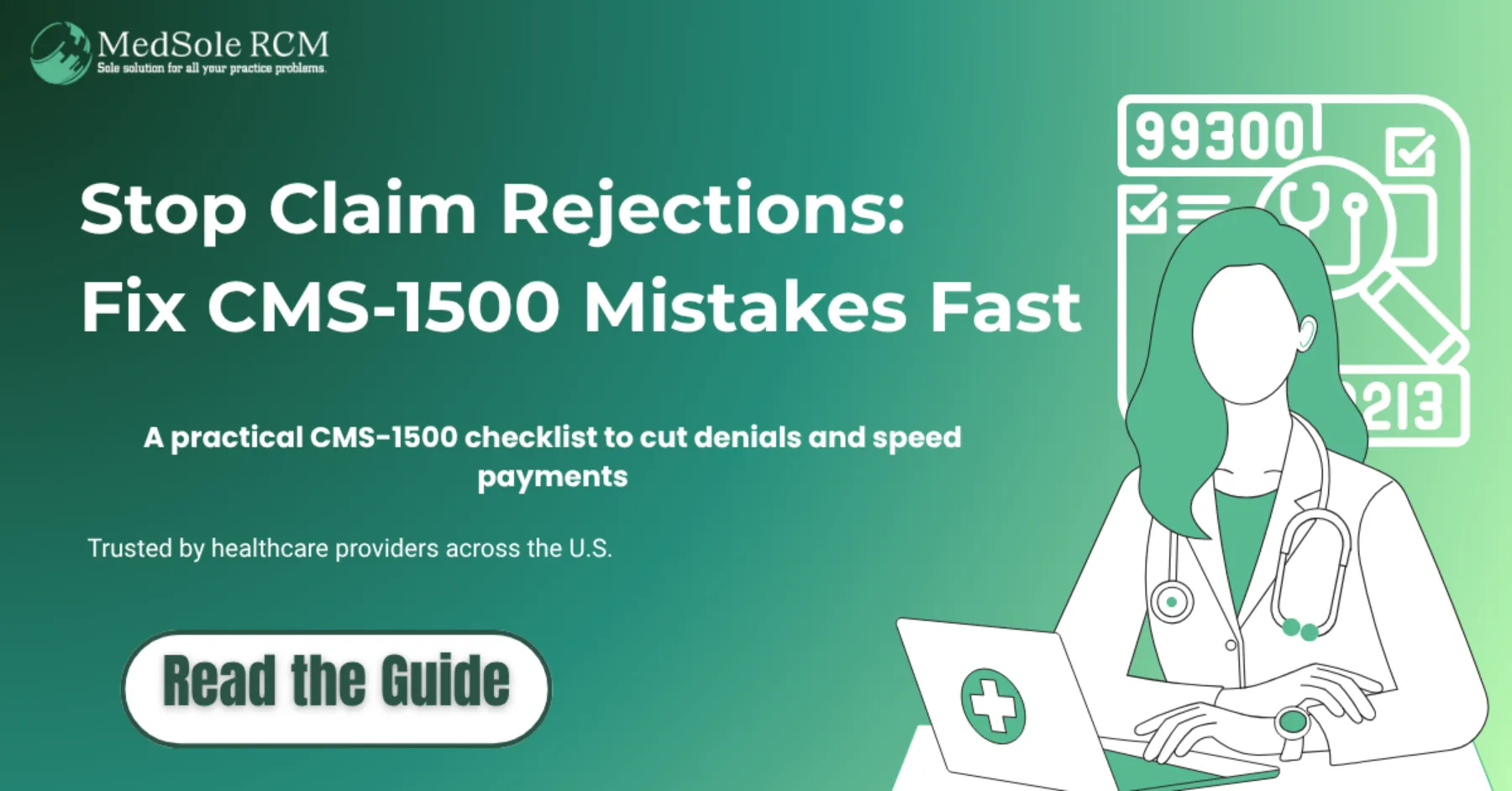
Posted Date: Oct 31, 2025

Posted Date: Nov 03, 2025
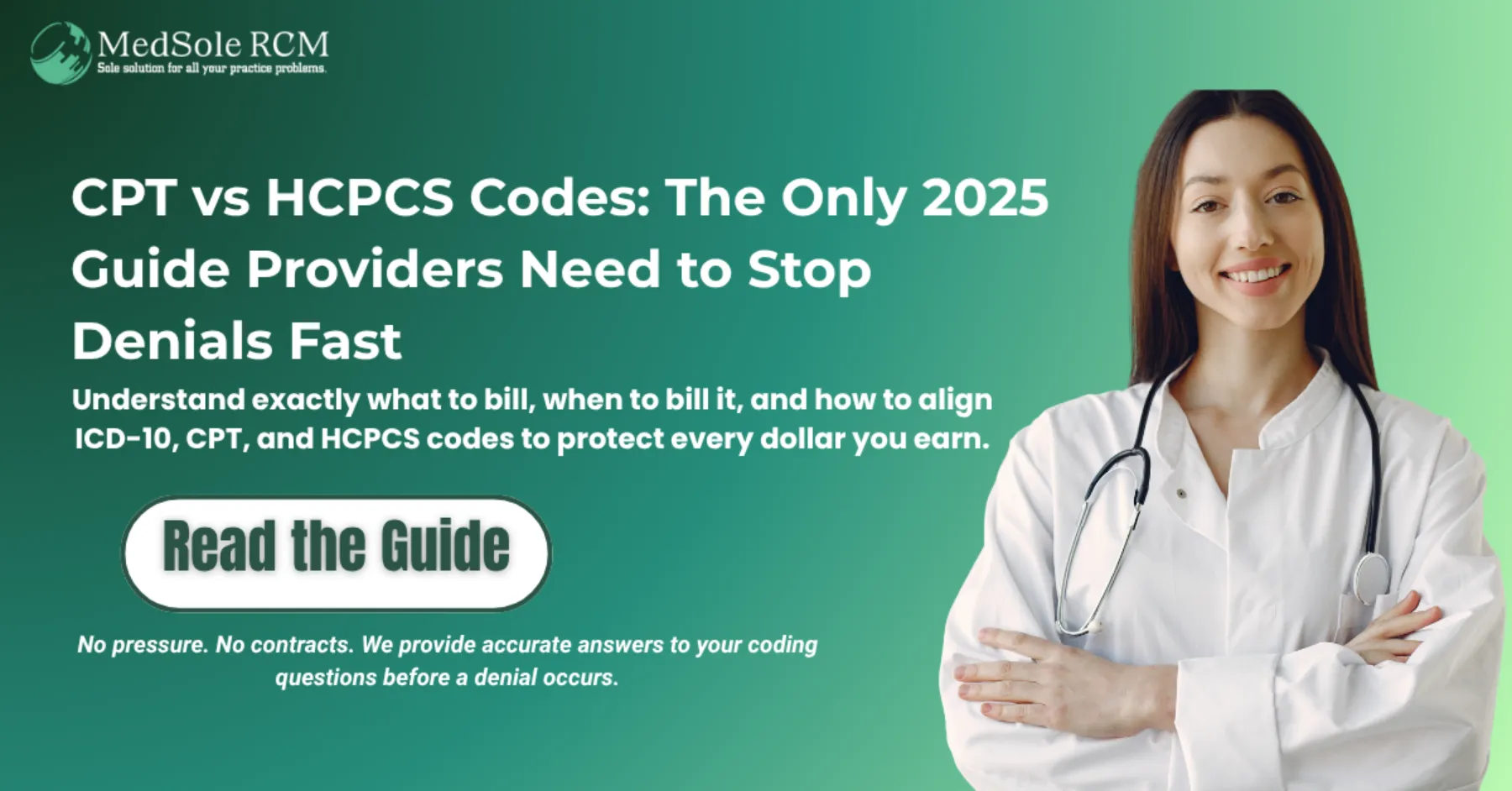
Posted Date: Nov 05, 2025
_11zon.webp)
Posted Date: Nov 11, 2025
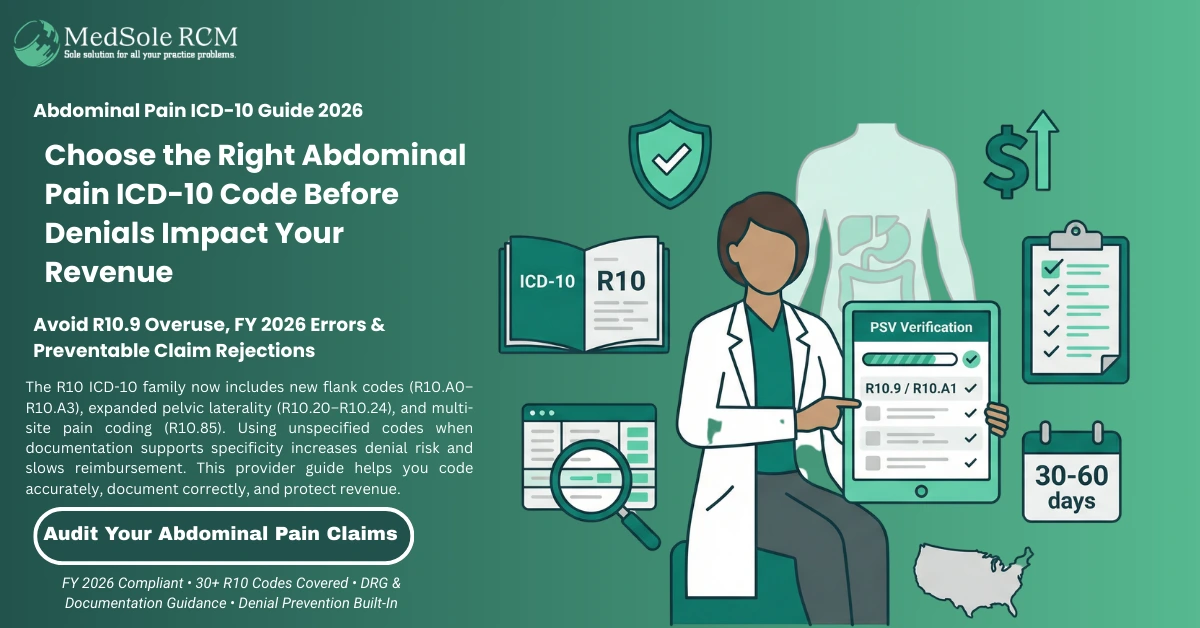
Posted Date: Nov 14, 2025

Posted Date: Jan 05, 2026
.png)
Posted Date: Jan 02, 2026
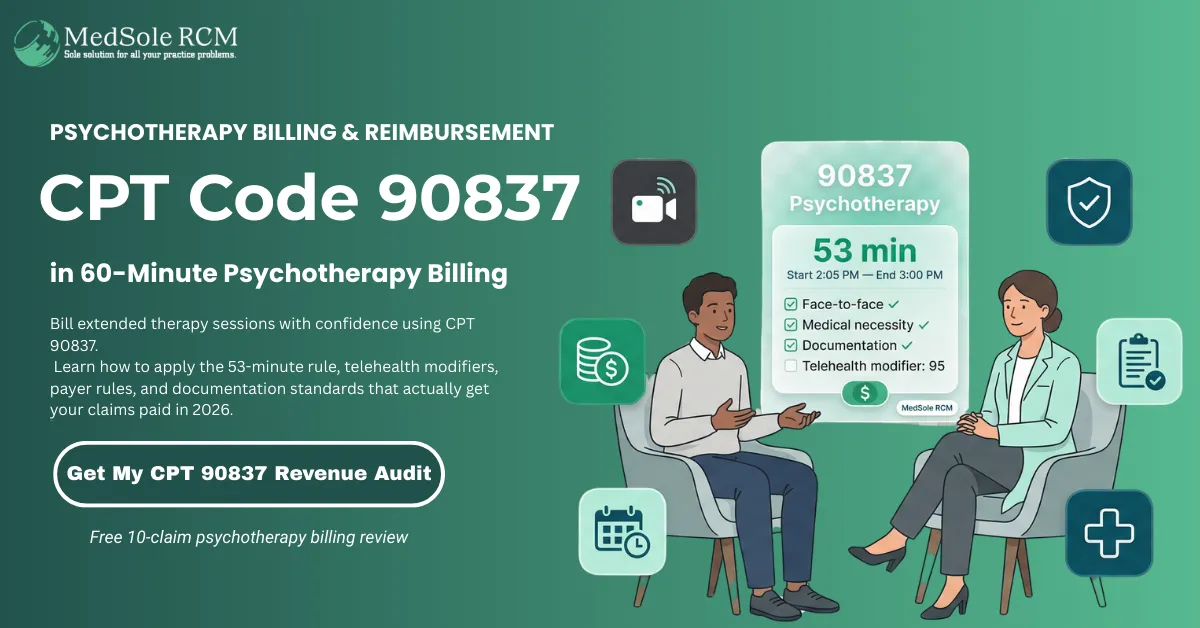
Posted Date: Jan 06, 2026
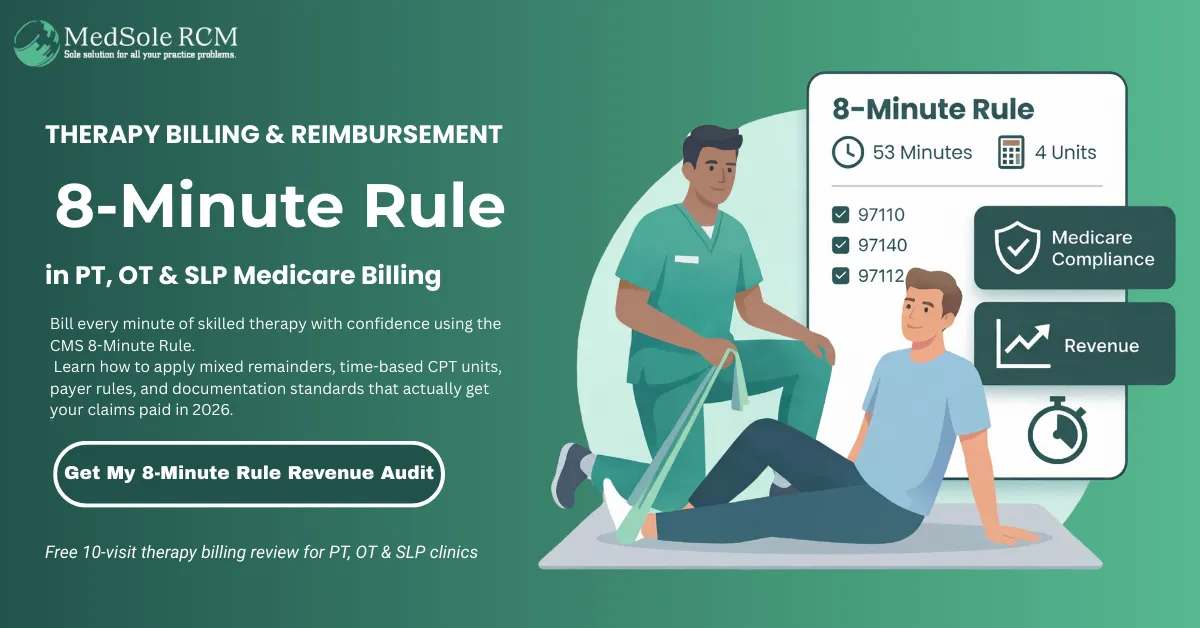
Posted Date: Jan 07, 2026
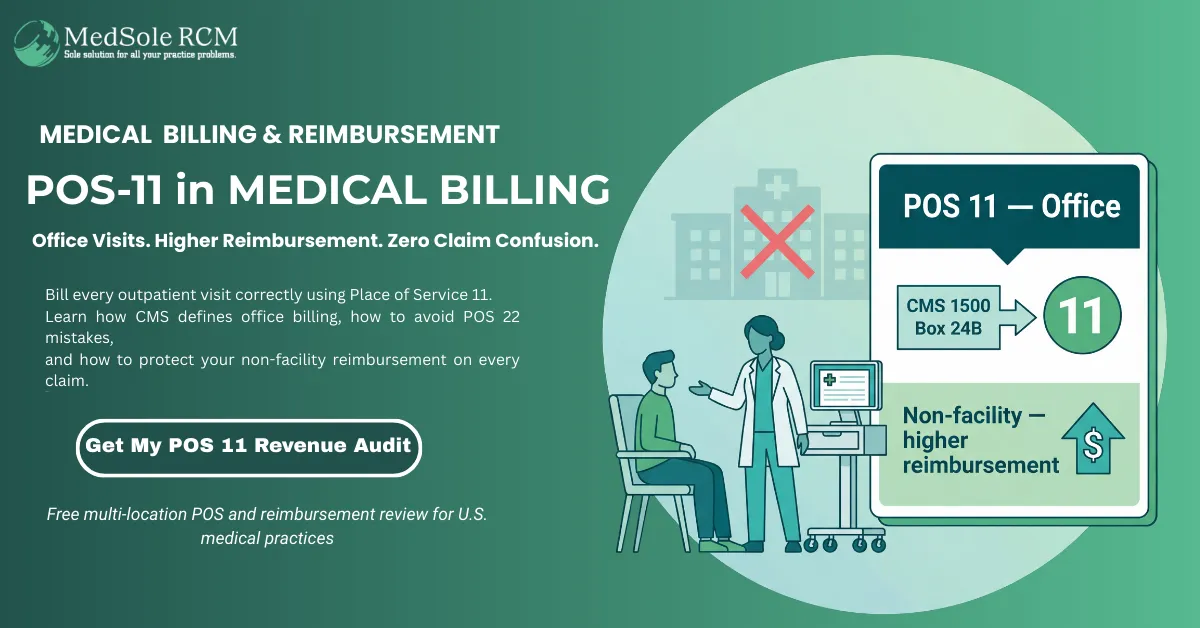
Posted Date: Jan 08, 2026
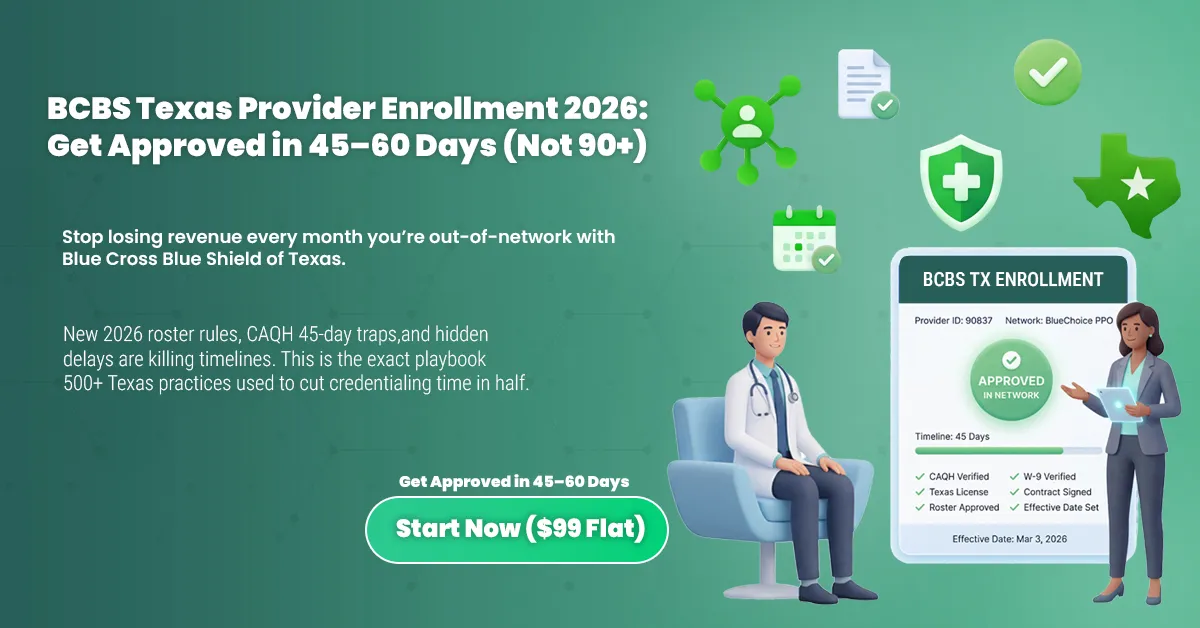
Posted Date: Jan 15, 2026
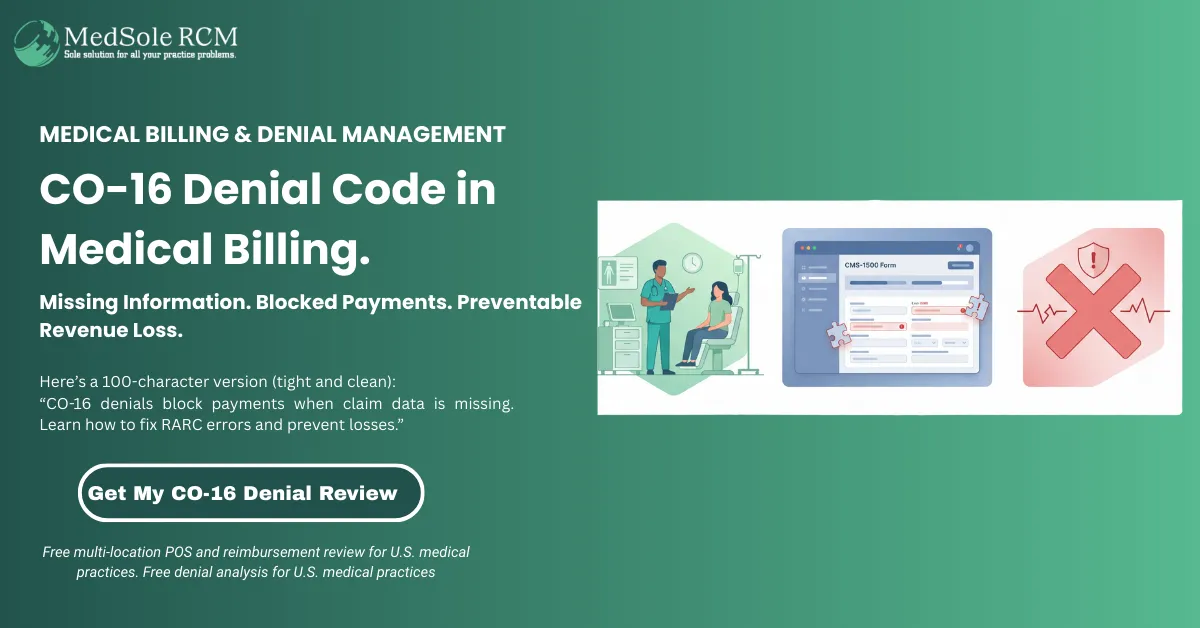
Posted Date: Jan 13, 2026
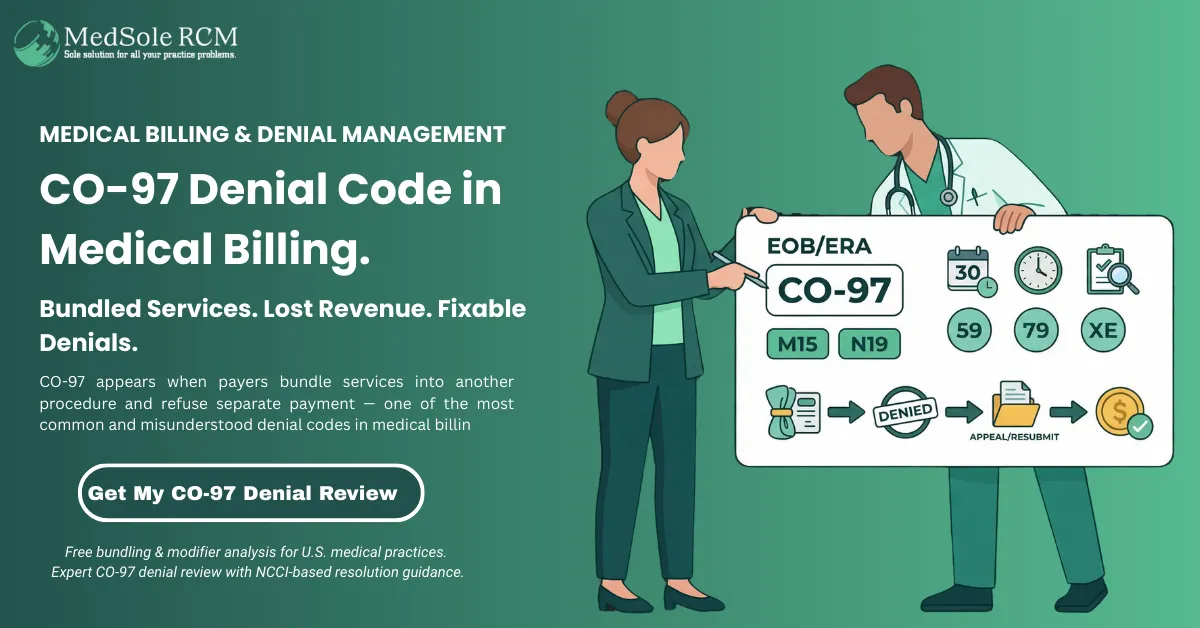
Posted Date: Jan 21, 2026

Posted Date: Jan 22, 2026
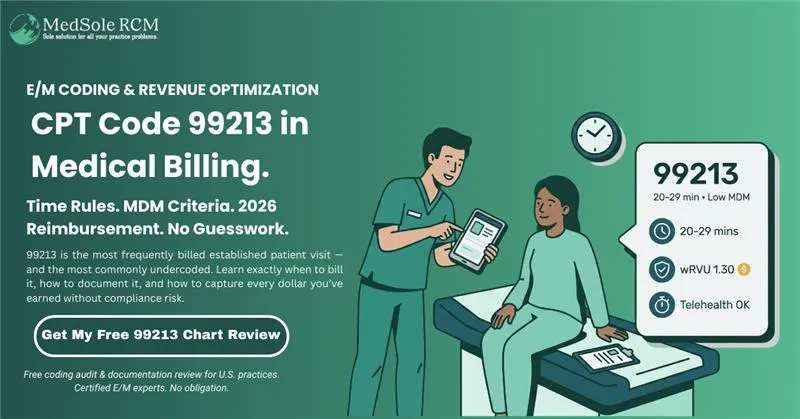
Posted Date: Jan 26, 2026
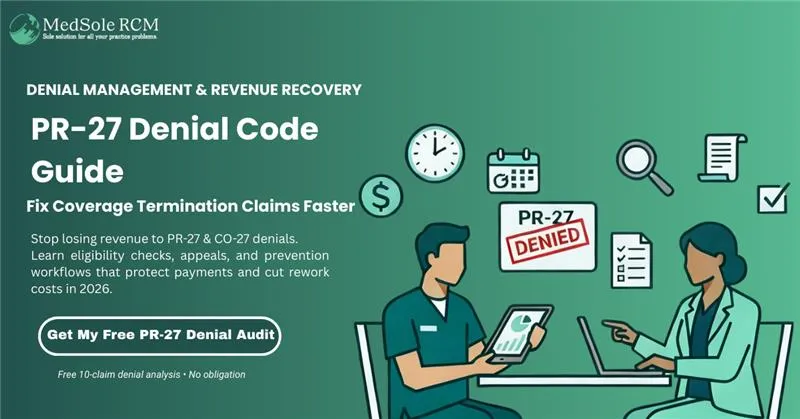
Posted Date: Jan 27, 2026

Posted Date: Jan 28, 2026
_11zon.webp)
Posted Date: Jan 29, 2026
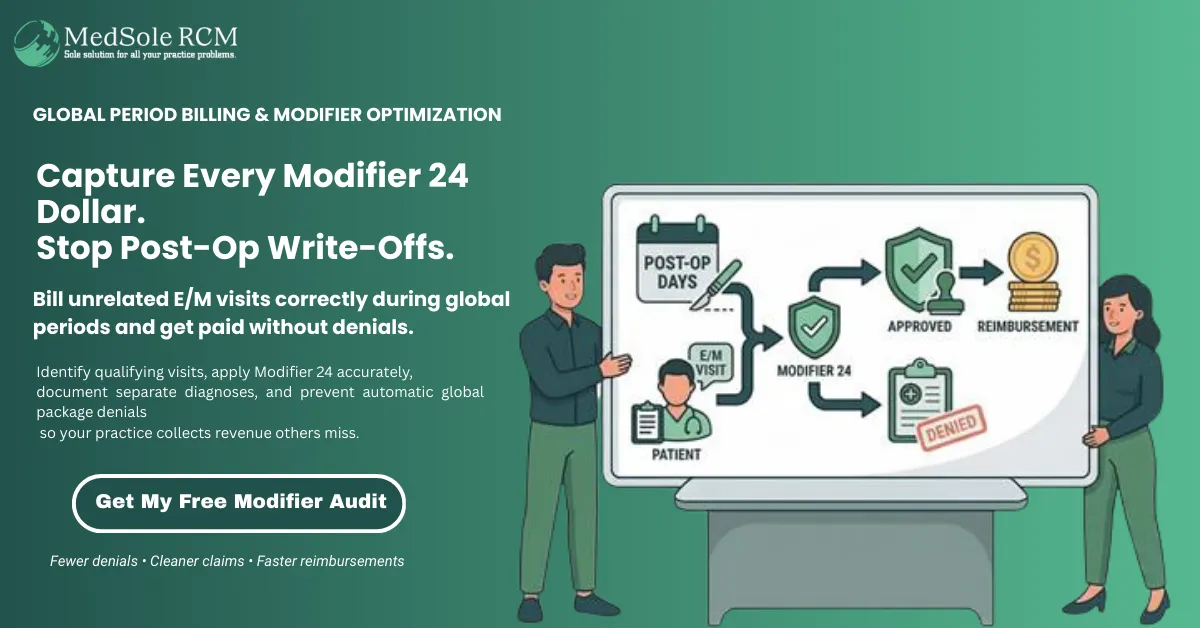
Posted Date: Jan 30, 2026
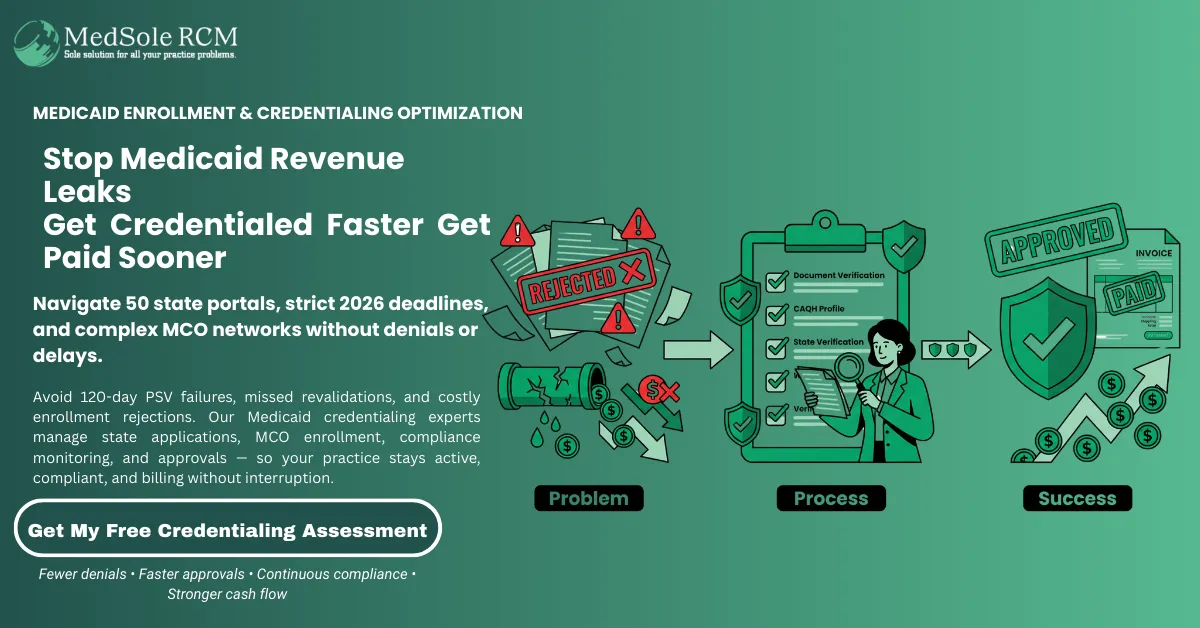
Posted Date: Feb 02, 2026
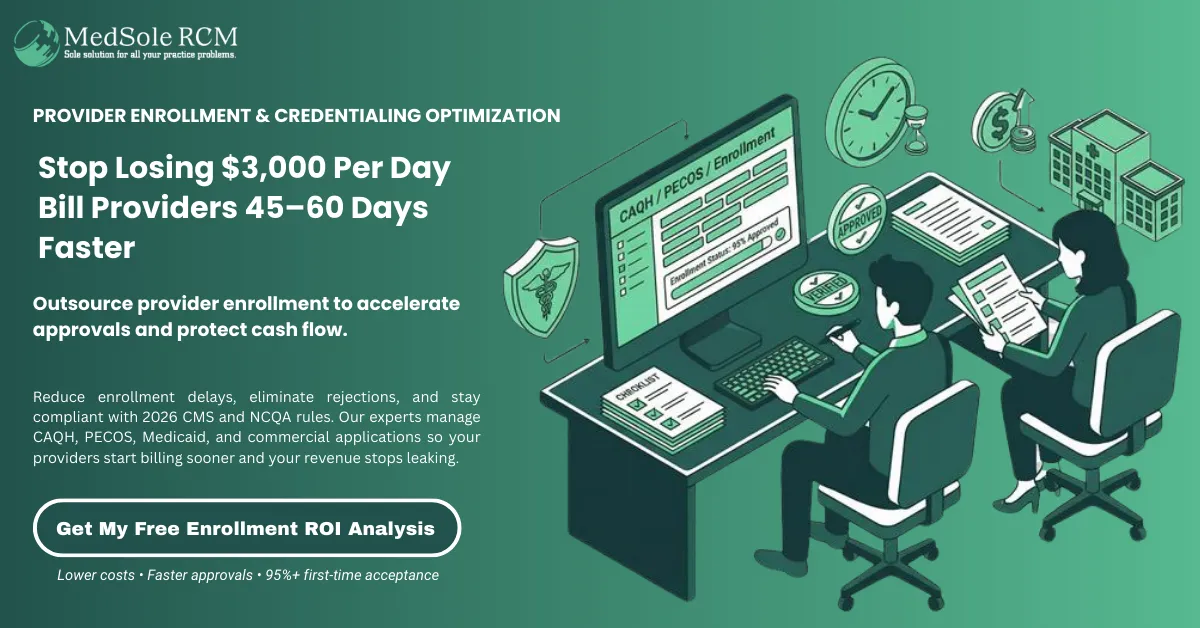
Posted Date: Feb 03, 2026
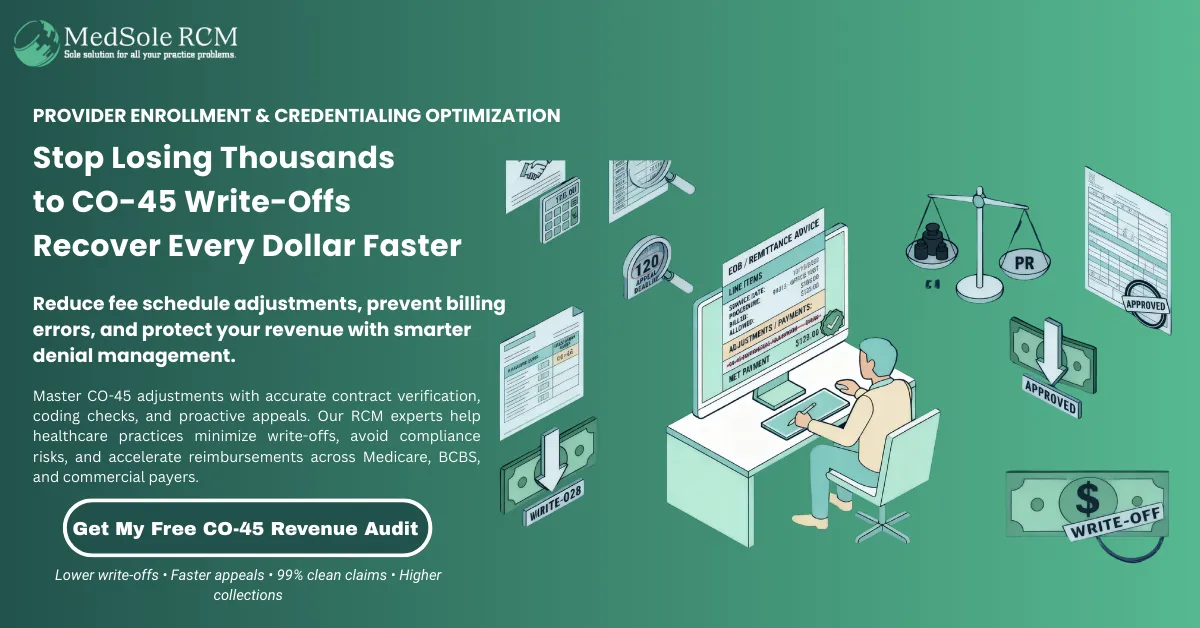
Posted Date: Feb 04, 2026
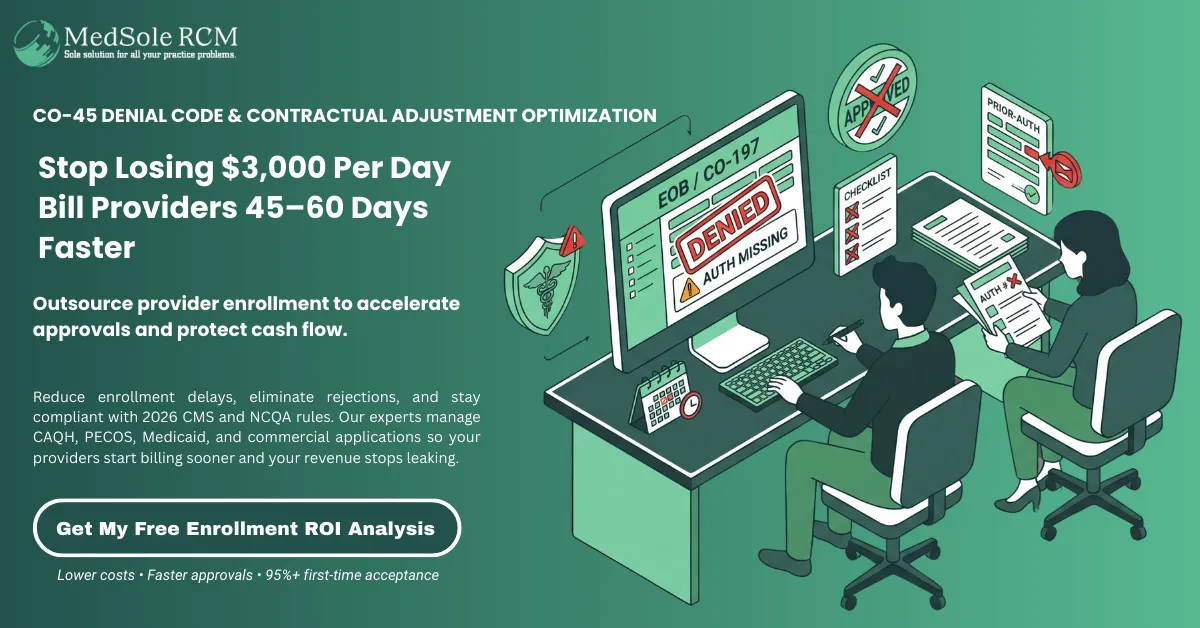
Posted Date: Feb 05, 2026
_11zon.webp)
Posted Date: Feb 06, 2026
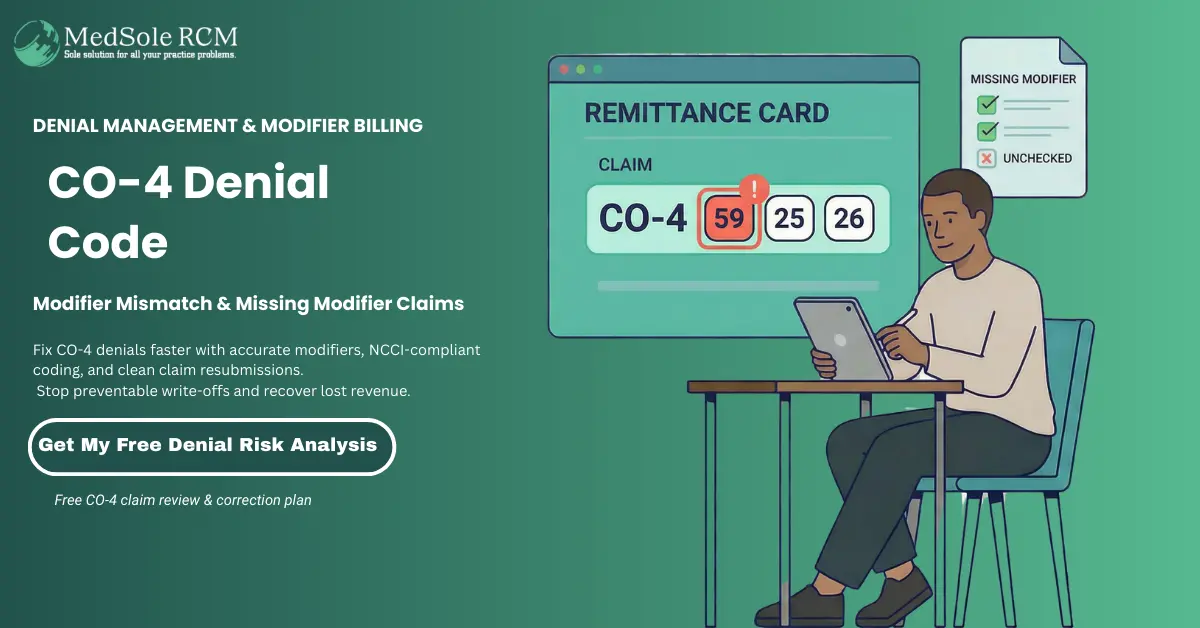
Posted Date: Feb 09, 2026
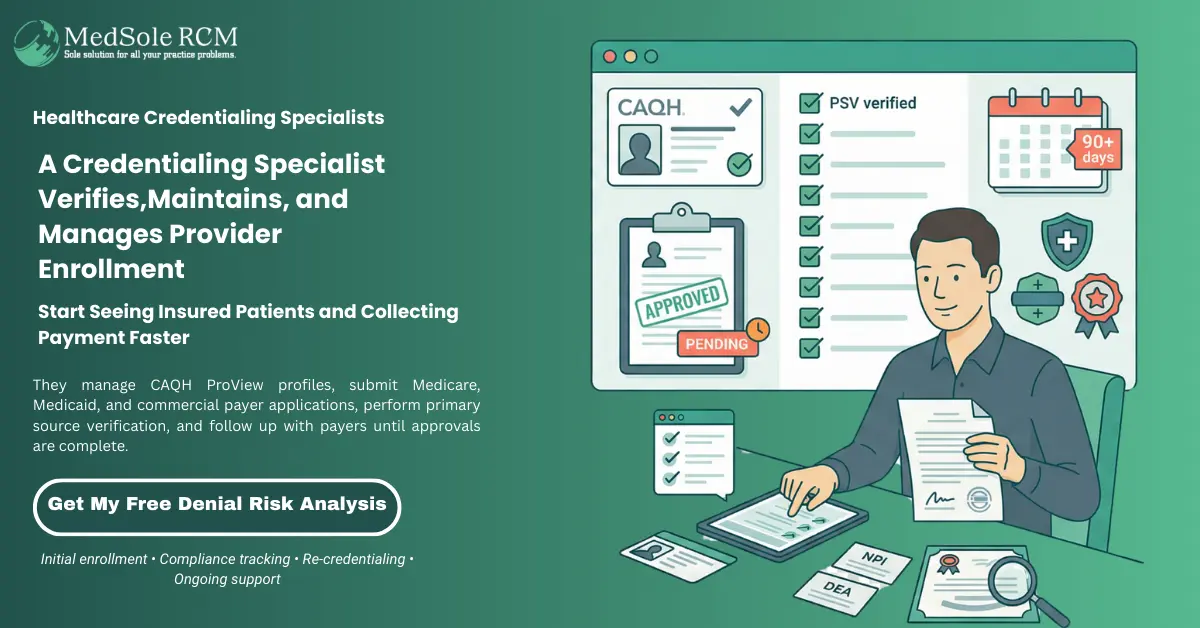
Posted Date: Feb 10, 2026
_11zon.webp)
Posted Date: Feb 11, 2026
.webp)
Posted Date: Feb 12, 2026
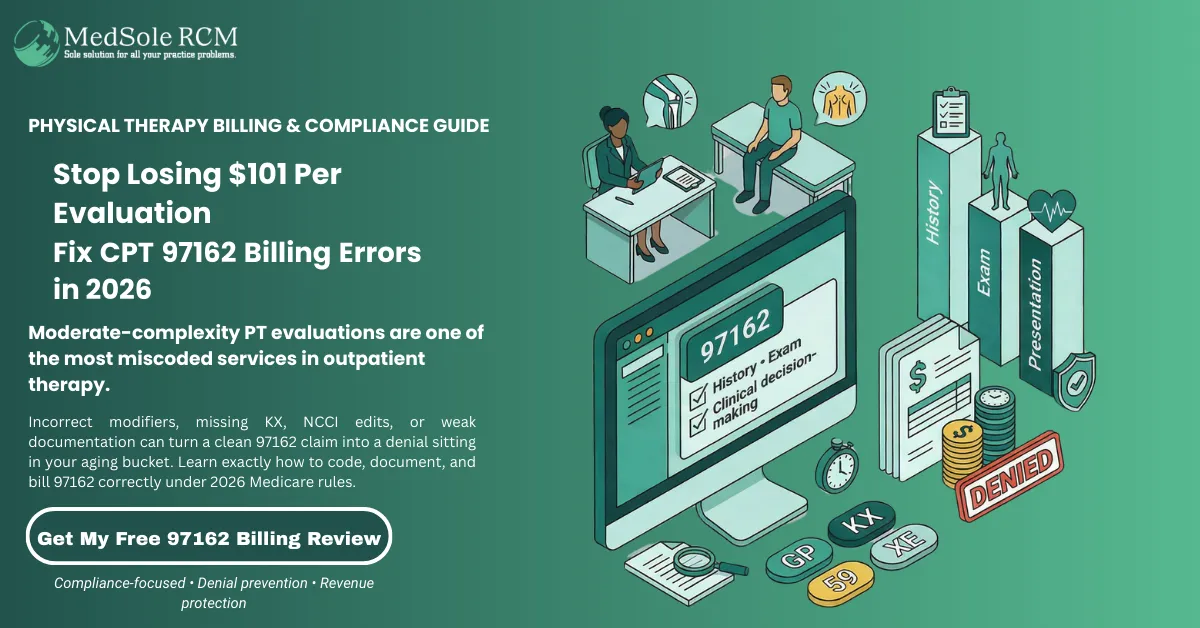
Posted Date: Feb 13, 2026
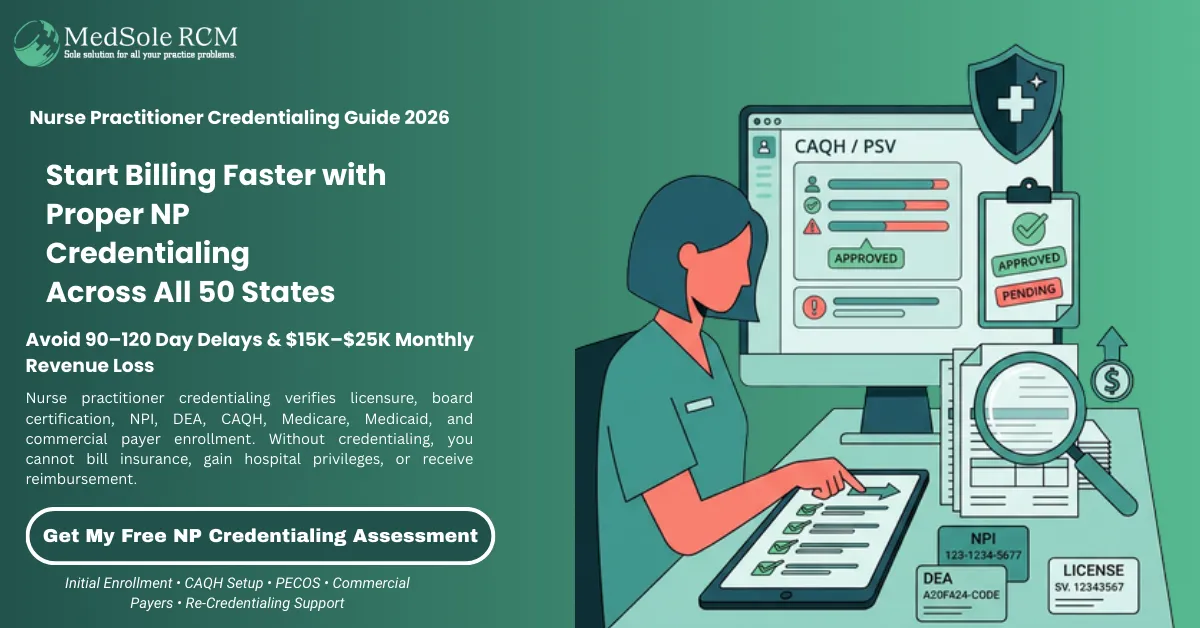
Posted Date: Feb 17, 2026
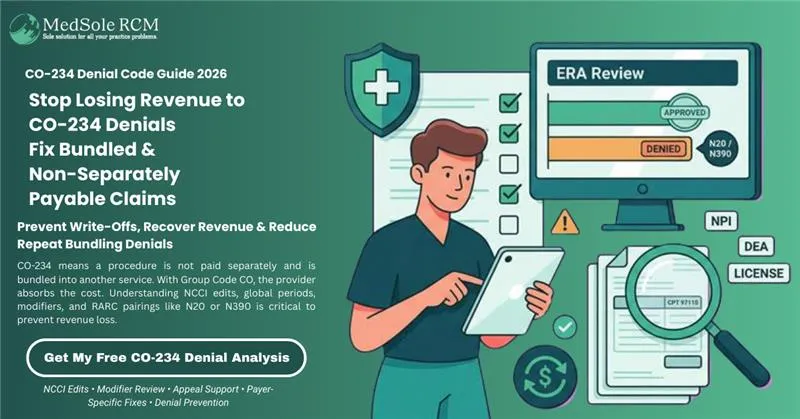
Posted Date: Feb 18, 2026
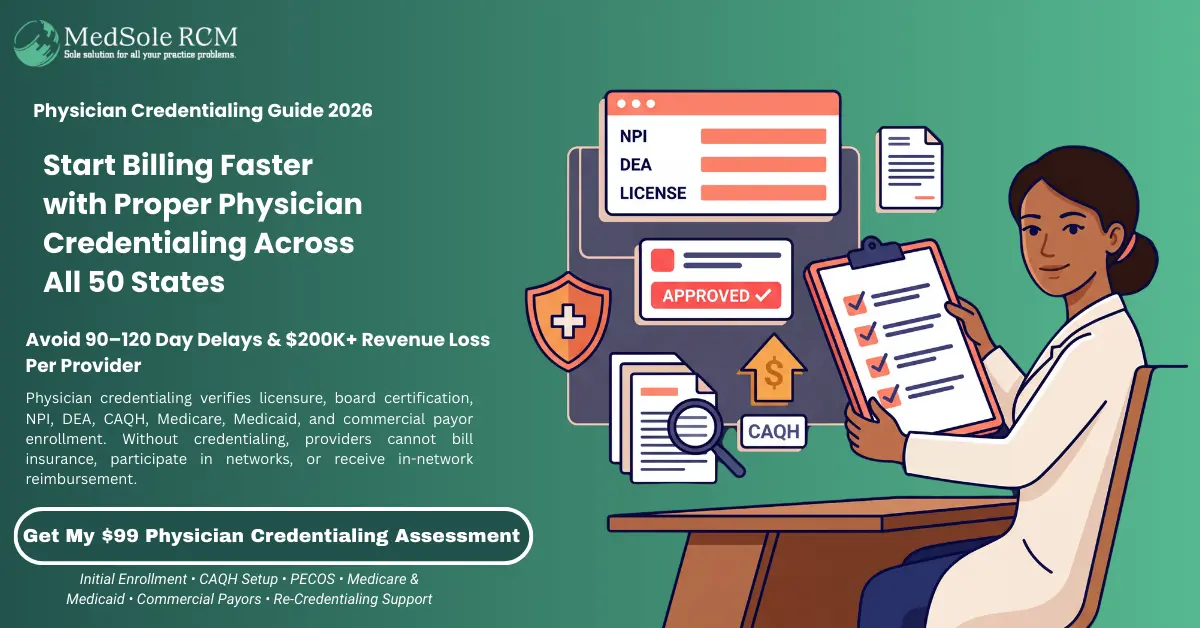
Posted Date: Feb 19, 2026
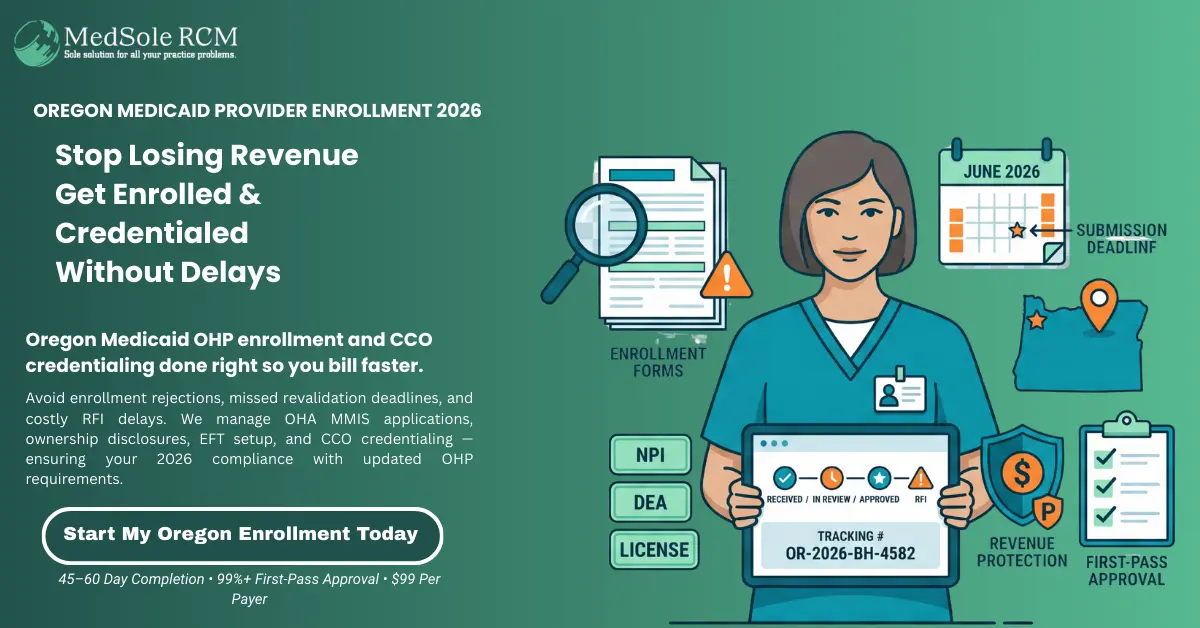
Posted Date: Feb 20, 2026
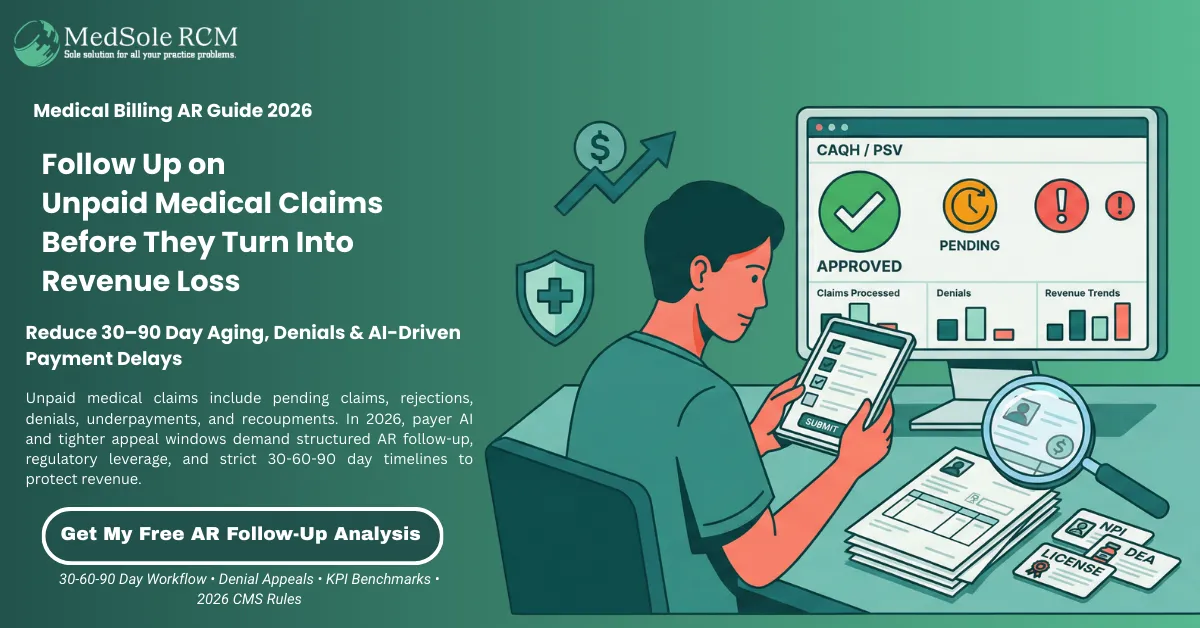
Posted Date: Feb 23, 2026
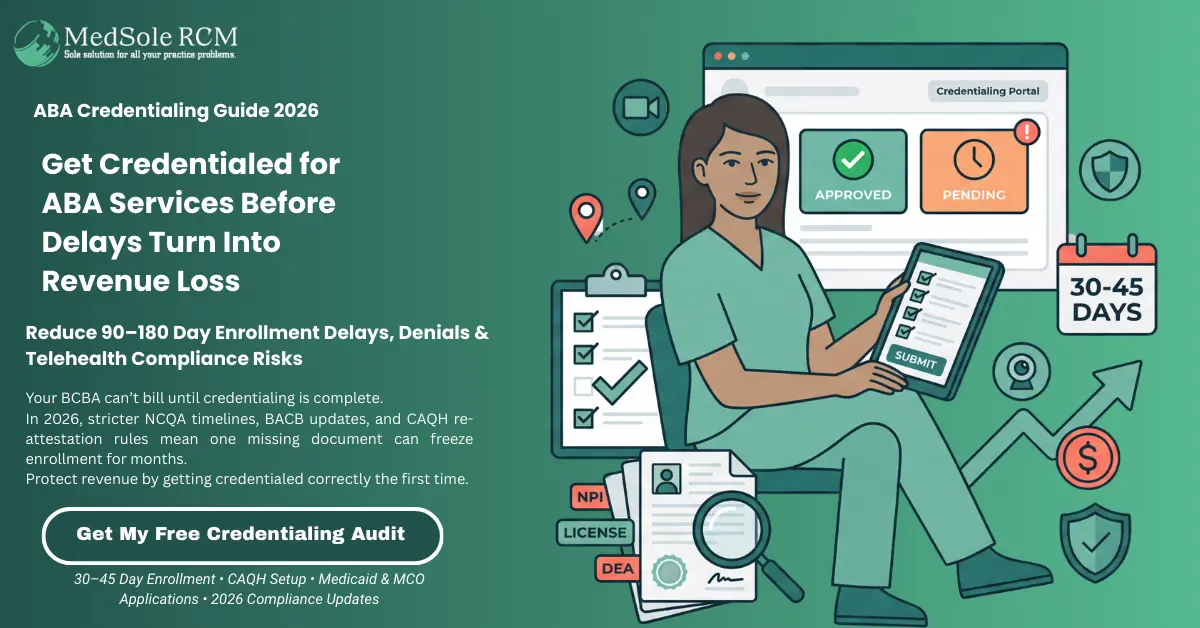
Posted Date: Feb 25, 2026
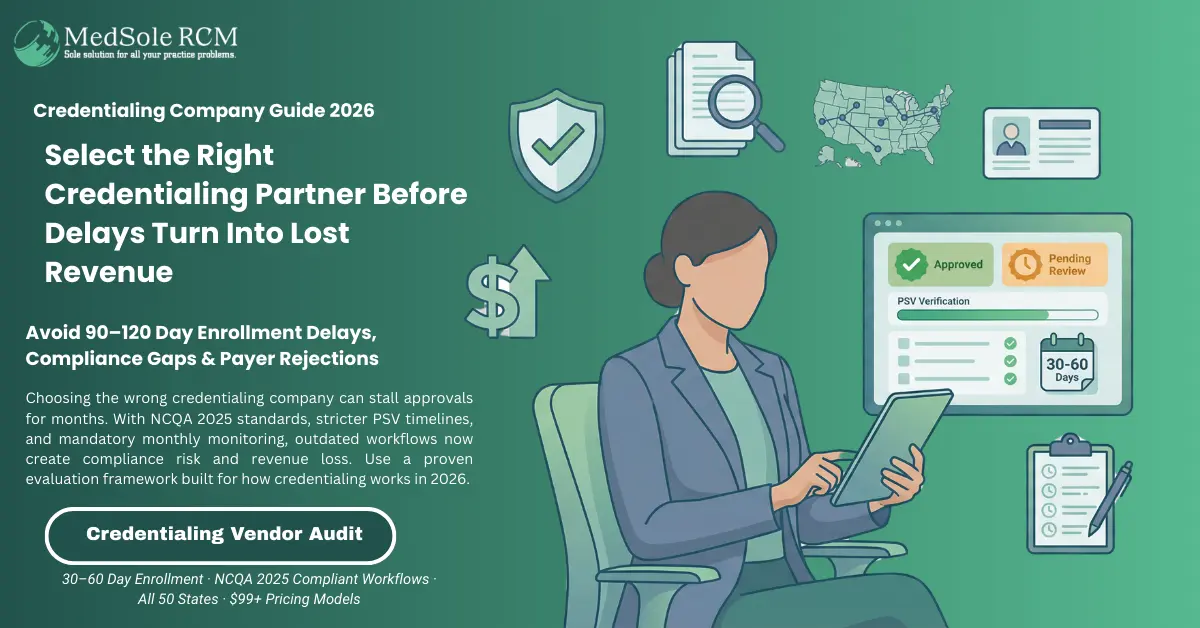
Posted Date: Feb 26, 2026